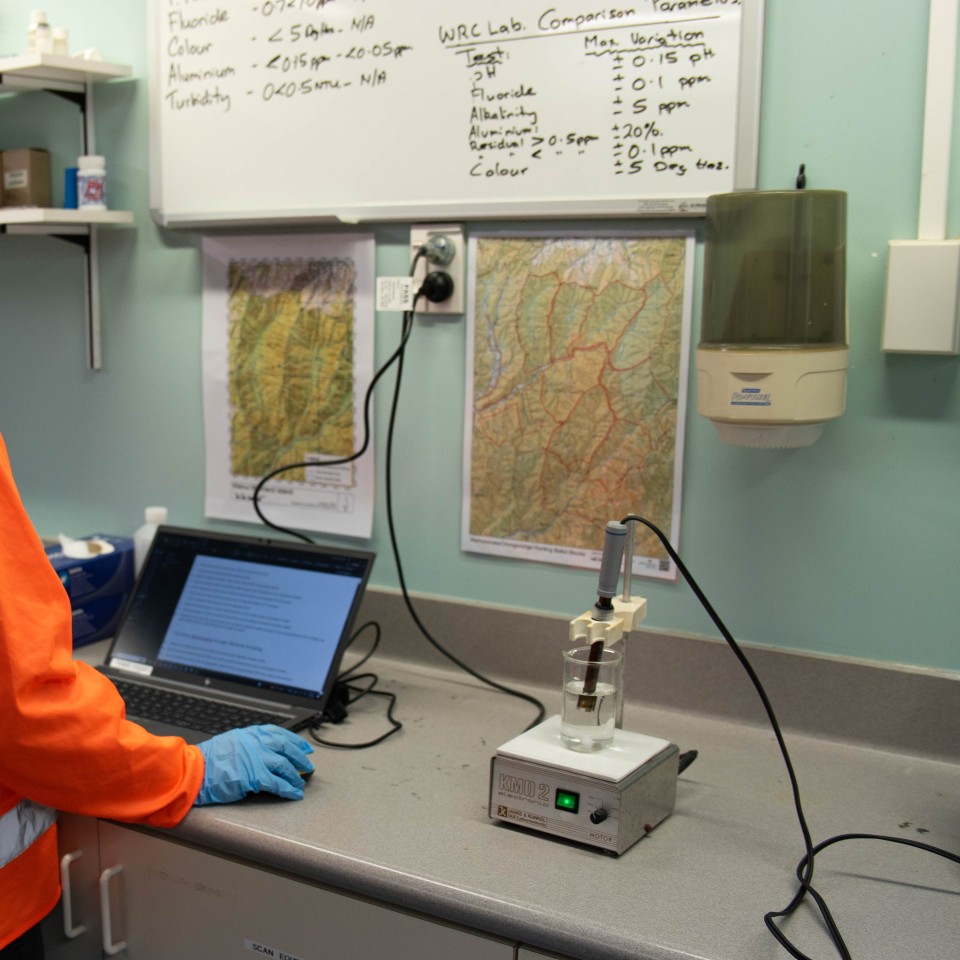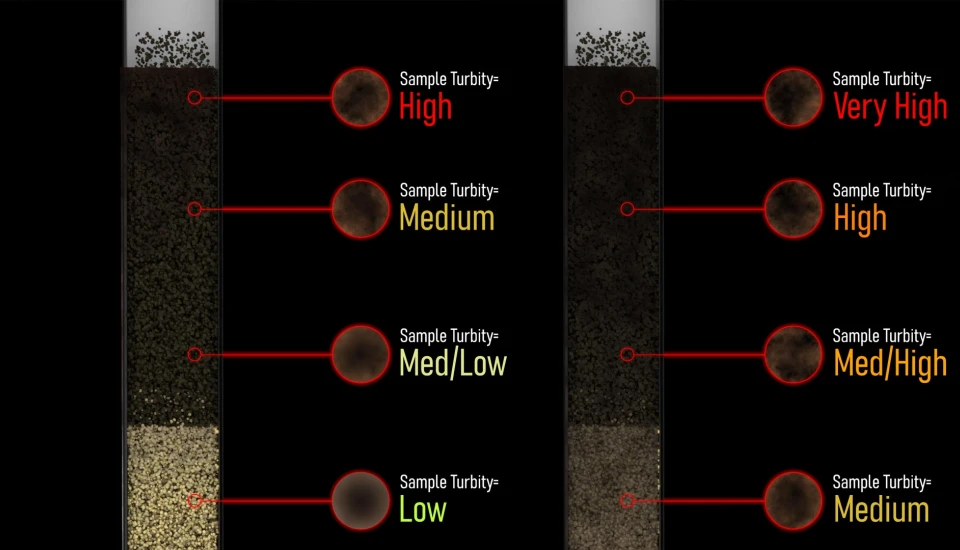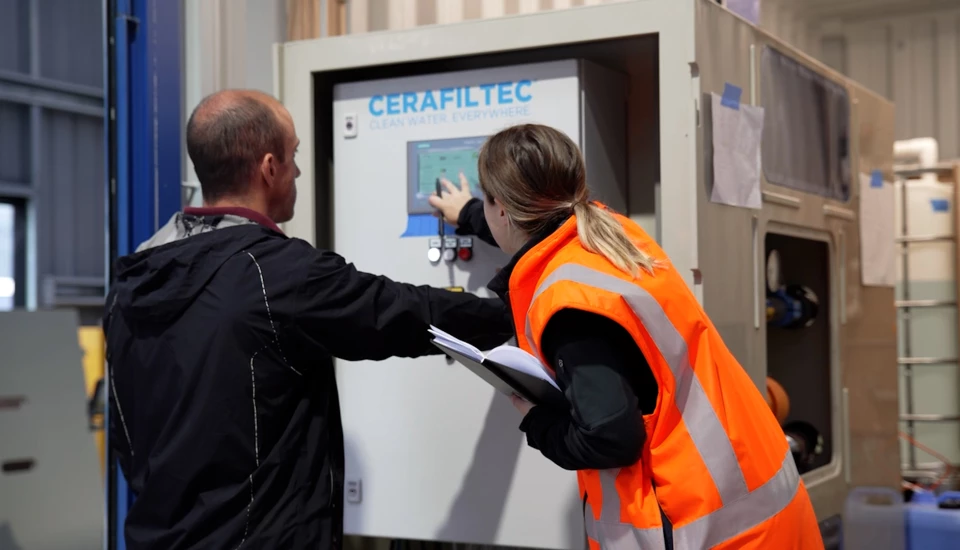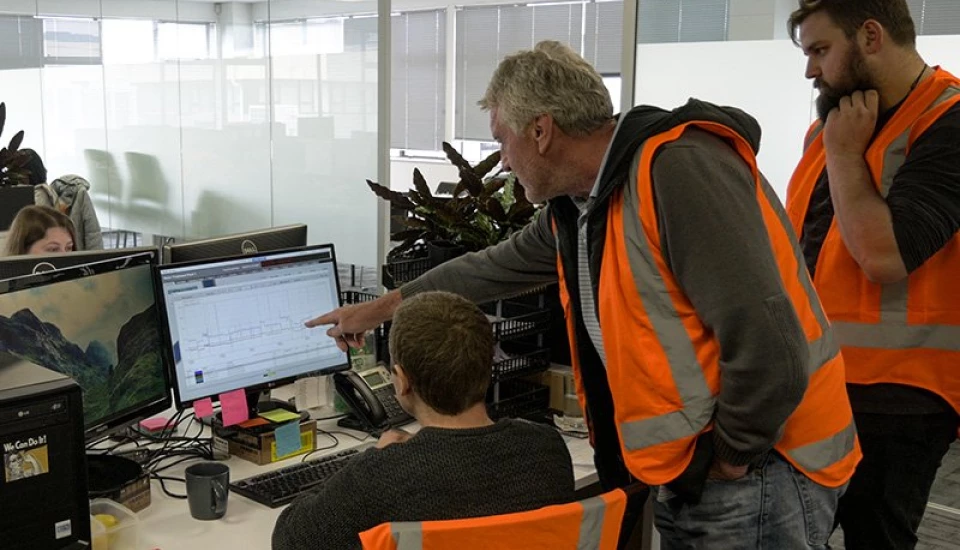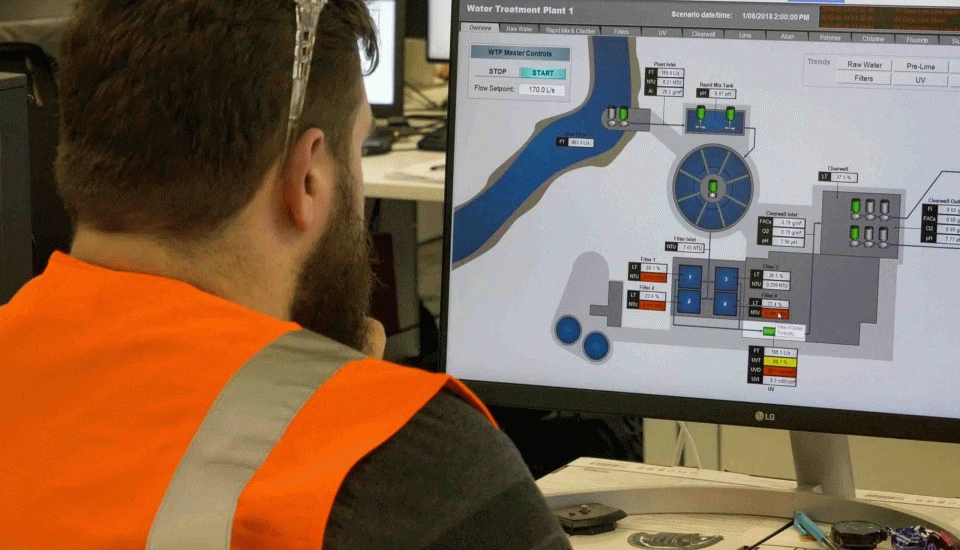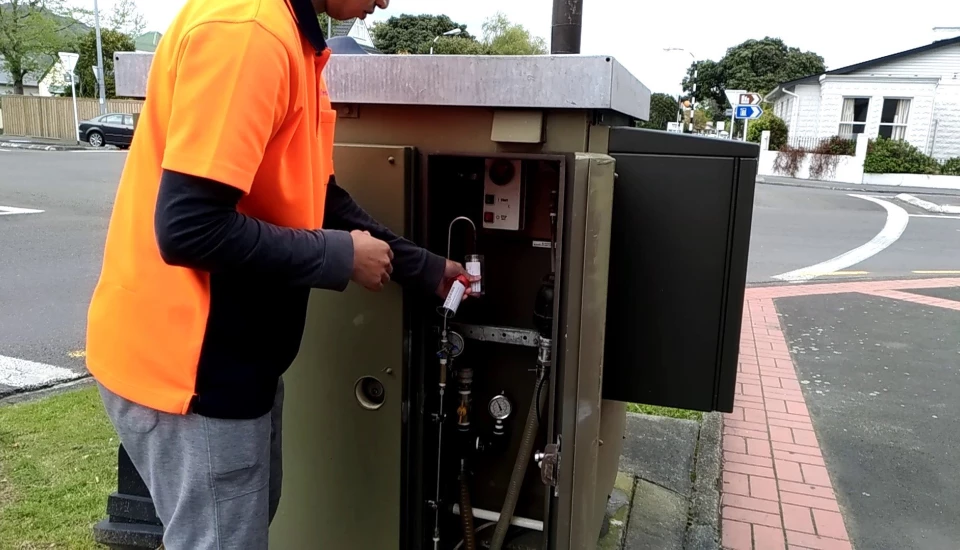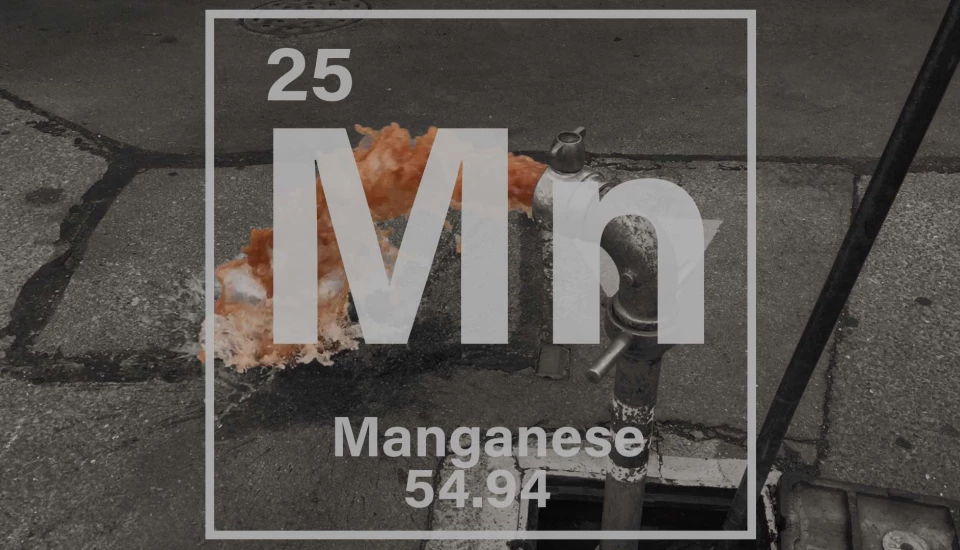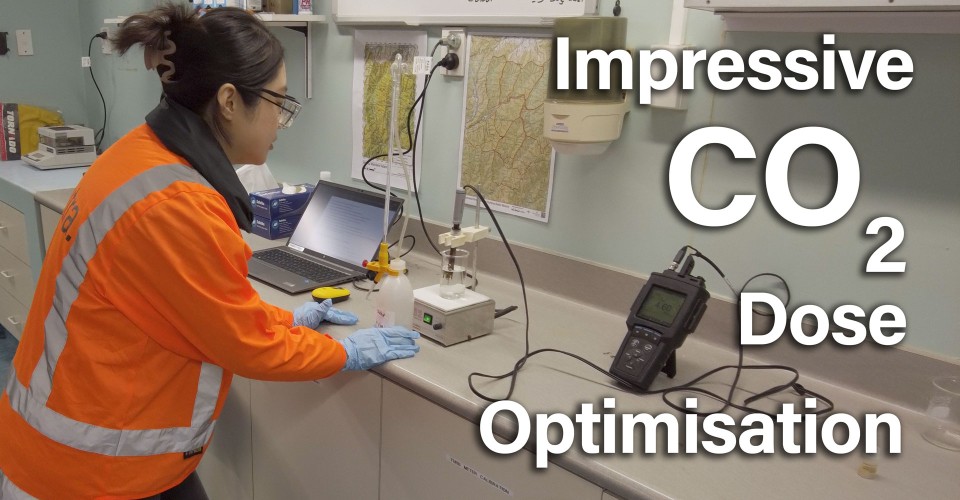
Introduction
In order to enhance operational efficiency and effectiveness, Wellington Water partnered with us at Lutra to optimize CO2 dosing at their Te Marua and Wainuiomata Treatment Plants. This project not only promises to bolster the plant's performance but also holds the potential to yield substantial cost savings and mitigate future supply concerns.
Understanding the Process: The CO2 and Lime Combination
At the heart of this optimisation lies the combination of CO2 and lime. These serve to augment alkalinity levels while reducing the concentration of free carbon dioxide in the water. The net effect is an elevation in pH levels, a crucial parameter in water distribution systems.
Alkalinity and Water Aggressiveness
In the context of water distribution, alkalinity serves as an indicator of water aggressiveness. Lower alkalinity levels often translate to a more corrosive environment within pipes, potentially leading to damage or water contamination.
Maintaining optimal alkalinity levels, (found to be approximately 25 milligrams per litre as calcium carbonate for Wellington Water’s reticulation network), is important to help prevent water aggression and pipe corrosion. Additionally, high alkalinity often correlates with increased water hardness, a factor that may contribute to lime scaling.
Precision through Sampling and Testing
The path to optimal dosing begins with methodical sampling and thorough testing of both raw and treated water. These analyses are conducted across various weather conditions to ensure the dose works across variable water quality.
The Titration Process
A precise titration process is central to our methodology. By slowly introducing hydrochloric acid into the raw water sample, we carefully adjust pH levels to achieve the desired target of 4.5. This process culminates in a quantitative determination of alkalinity.
Results and Progress
The initial phases of the project have yielded impressive results. At the Te Marua water treatment plant, we have successfully reduced CO2 usage by an impressive 30%. Encouragingly, our projections indicate that a comparable reduction of approximately 40% is feasible at the Wainuiomata plant.
Conclusion: Advancing Water Treatment Efficiency
Through meticulous sampling, precise titration, and a keen understanding of alkalinity's role in water treatment, we are assisting Wellington Water in delivering water more efficiently and sustainably.
For further information on this project or our engineering solutions, please feel free to contact Lutra.
Find Out More About Process Optimisation

